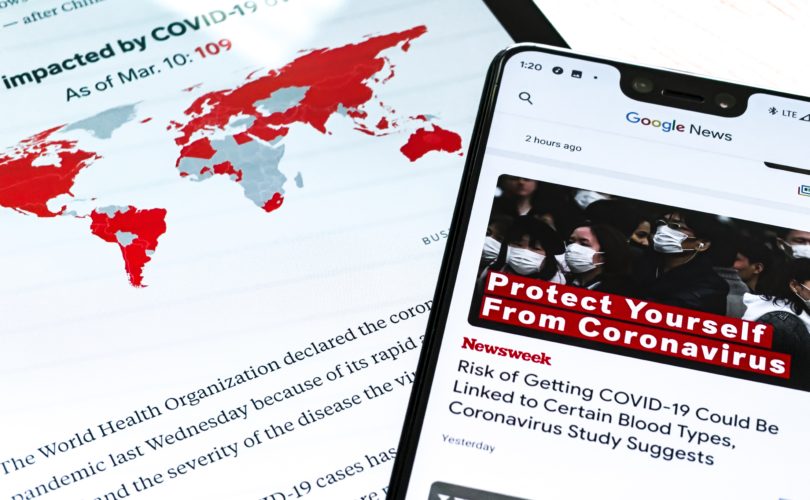Content Warning: This article mentions suicide. If you or someone you know is struggling, call or text 988 to reach the National Suicide Prevention Lifeline
September has just about passed and with it, suicide prevention month. While myself and others, both in the mental healthcare field and those affected by suicide, appreciate a month of focused attention; the reality is that suicide does not confine itself to when we’re giving it focused attention. In fact, it tends to come to our awareness when we’re not ready for it. When it does, we tend to not have the conversation very well. While it’s understandable that it’s not a subject we’re eager to engage, keeping these three things in mind can help us have the conversation better in the future when we need to.
It’s a spectrum
We tend to talk about suicidal ideation as if it’s an all or nothing deal. People are either ready to take their own lives and have a desire to do so or they’re fine. The first time that a client corrected this for me was in graduate school. He indicated that he didn’t want to kill himself but that dying sounded like “a nice idea”. I didn’t know what to do with that.
Since then, I’ve worked with suicide enough to have a better sense of how people situate ourselves in relation to it and honestly, it’s better thought of as a spectrum. Some people have passive thoughts of not existing, others have occasional thoughts of their own death but no desire to take action. At the other end of the spectrum, is desire, means, and a plan. There’s a lot of space in between and people aren’t always in the same spot from day to day or week to week even when they’re at their lowest point.
Language matters
There was an op-ed in The News & Observer early this month that I found pretty thought provoking about the way we use the terms “suicide prevention” and “suicide awareness”. The author points out that for survivors who have lost loved ones to suicide, “suicide prevention” can seem to put a responsibility or even blame on them that would never be placed on the shoulders of someone who lost a loved one to cancer during “Cancer Awareness Month”.
This certainly isn’t the only example of how our use of language matters around the topic of suicide. For instance, the reason that many people like myself use language like “died by suicide” instead of “committed suicide” has to do with what that one little word carries with it. Think about it, what sorts of things do people commit: sins, crimes…things that carry a sense of guilt and shame. When someone is in intense pain and feeling hopeless and helpless, the last thing they need is to be made to feel even worse about themselves and the place they’re at if they’re on that spectrum. Same goes for survivors who’ve lost someone to suicide.
Probably the most critical area for us to examine our language around suicide though, is when it comes to our own discomfort leaking out. I’ll hear people say things like “suicide is selfish” or call it an “easy way out”. When we say things like this, it usually comes from a place of hurt or fear. The idea that someone would leave us behind with all that pain or that they really are at that level of despair and hopelessness is scary. While I can hear the places those things are coming from, I can also see the damage they cause. As I mentioned above, people in this place have a lot of shame already and adding more just makes things worse.
We have better conversations when we do our own work too
Pit has to be the hardest work to be done on the subject of suicide: our own discomfort. At a visceral level, it is unsettling for us to sit with the fact that someone, especially someone we love, could willfully choose not to live anymore. Avoiding this discomfort makes sense. Unfortunately, however, it tends to lead to avoiding being present for others in their pain or checking in with people who might be on that spectrum.
Therapy isn’t where we go “to fix problems”. Granted, most of us come to therapy with a problem in mind. The thing that separates say, the self help section of the bookstore from therapy is the relationship. Therapy is a kind of relationship that facilitates self exploration, discovery, and ultimately healing and growth. Doing our own work to explore and confront ourselves, our core discomforts, and our patterns makes us the kind of person who can have hard conversations well and enter hard situations like suicide in a way that’s helpful and healing.


